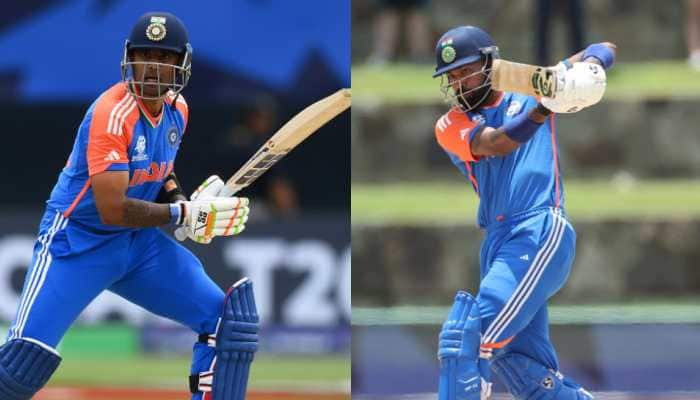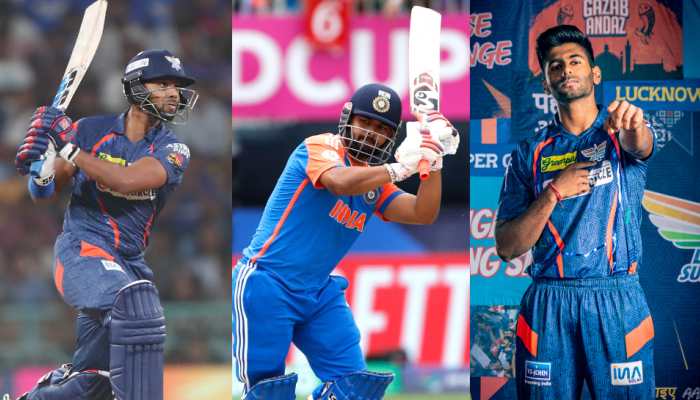BJP-ruled states are worse than the others because they are frivolous
On the whole BJP-ruled states are not doing very well because of theatrics and outright populism.
Trending Photos
)
There seems to be a chasm between the economic policies of Prime Minister Narendra Modi on the one hand and those followed by the Chief Ministers of the Bharatiya Janata Party (BJP) on the other. While India climbed 30 notches in the last ease of doing business (EDB) ranking of the World Bank, the performance of BJP states is continuously slipping. The latest National Council of Applied Economic Research's (NCAER's) State Investment Potential Index or N-SIPI has underlined this fact.
Delhi has replaced Gujarat, which slipped two rungs, as the most investor-friendly state in N-SIPI 2018. More importantly, seven of the top states are ruled by parties other than the BJP. It needs to be mentioned here that out of 29 states, the BJP is the ruling party in 21; in most cases, the chief minister belongs to the saffron party. It is non-BJP states-Tamil Nadu, Andhra Pradesh, and Telangana-that occupy the top three spots in N-SIPI 2017.
A few weeks earlier, an EDB ranking done by the Department of Industrial Policy & Promotion (DIPP), Ministry of Commerce & Industry, and the World Bank had also shown BJP-ruled states in poor light. The top two states were under non-BJP parties-Andhra Pradesh and Telangana.
"N-SIPI 2017 is the second edition in the annual series of states' ranking by NCAER that provides a systematic, consistent and reliable 'go-to' Index for potential investors," says the survey. "N-SIPI 2017 builds on the framework and methodology of N-SIPI 2016, and incorporates the results of an extensive survey across the 20 states and one Union Territory surveyed in April and May 2017. The agencies surveyed during this time were asked to rate the difficulties they had faced with respect to obtaining land, labour and access to infrastructure in addition to their perceptions on the economic climate, governance and future business opportunities in their respective states, all of which are critical a priori information for making investment decisions."
There is a surprise, though. Haryana, whose Chief Minister Manohar Lal Khattar is scarcely known for competence, has done well in the NCAER ranking in the last one year. Along with Telangana, it has greatly improved its ranking in a year-from 16 to 4, whereas Telangana has gone up from 13 to 5.
On the whole, however, BJP-ruled states are not doing very well. In general, they are behind the states under other parties. Even West Bengal-which languished under the Left Front for decades- jumped 11 rungs in N-SIPI 2017 in the last year. The reasons for BJP states' bad performance are not difficult to find.
Many BJP-ruled states have chief ministers who are more interested in theatrics, announcements, and rhetoric than in solid reforms that enthuse investors. Worse, often BJP state governments indulge in the worst kind of populism. The latest example, as I mentioned in my last article, is the Maharashtra government's decision to let moviegoers to bring outside food to multiplexes. The cinema halls not obeying the order have been warned of strict action.
It was in response to a query raised by a Nationalist Congress Party MLC that Minister of State for Food & Civil Supplies Ravindra Chavan announced this. There is also a public interest litigation (PIL) filed in the Bombay High Court against cinema chains prohibiting personal food and charging high prices for eatables sold inside.
Had the state government been committed to enhance the ease of doing business, it would have vehemently contested the PIL as anti-business and illiberal. How can anybody direct a private enterprise to carry out its business in any particular manner so long as it is not violating the law?
But, typically, the BJP's state leaders decided to accept the illegitimate demands made in a petition. It seems that other BJP states have done little better. At least the surveys carried out by the NCAER, the DIPP, and the World Bank suggest that.
(Ravi Shanker Kapoor is a journalist and author. He has spent around 25 years in the media. As a freelance journalist, Kapoor has written for a number of leading publications. He has written four books on Indian politics and its associated institutions.)
(Disclaimer: The opinions expressed above are the personal views of the author and do not reflect the views of ZMCL.)
Stay informed on all the latest news, real-time breaking news updates, and follow all the important headlines in india news and world News on Zee News.
Live Tv







)
)
)
)
)
)
)
)
)
)
